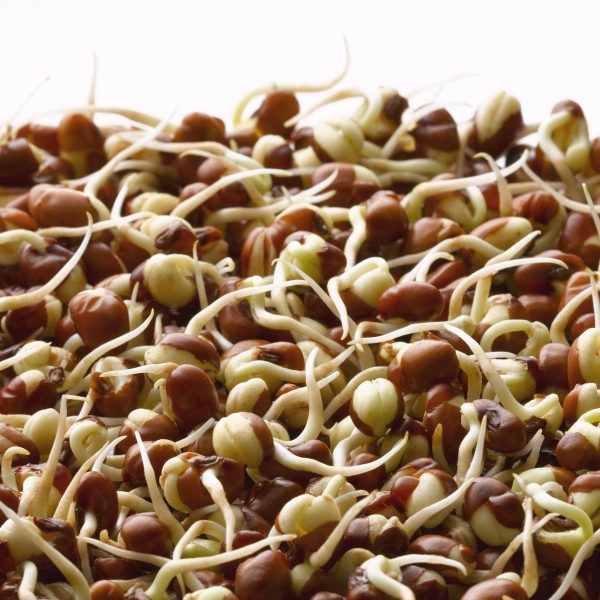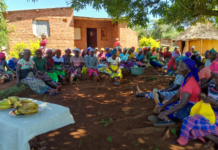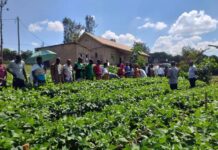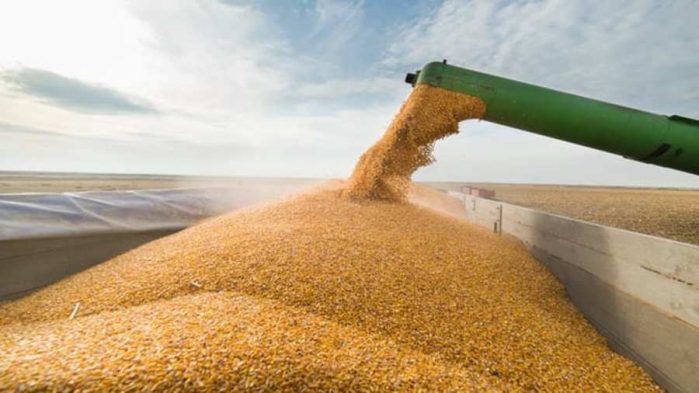Subsistence farmers in Nigeria have for the first time planted a new variety of genetically modified (GM) cowpea, promising to bolster food security for over 200 million Nigerians.
This follows a decision made in December 2019, when Nigeria became the first country in the world to approve the commercialisation of GM cowpea. The protein-rich cowpea, commonly known as “poor man’s meat”, is the country’s staple legume.
Decades of research
This new variety took a team of African and international devotees 40 years to develop: 20 years to improve its traits through traditional breeding and another 20 using genetic engineering to develop resistance to the destructive Maruca pod borer. Mohammad Ishiyaku, a geneticist and cowpea breeder at Ahmadu Bello University in Northern Nigeria, said the new variety is a game-changer for farmers.
Farming families comprise about 70% of the Nigerian population, with most living on half-acre (about 2000 sq m) lots where they grow sorghum, millet, cassava, yams, plantain and most importantly cowpea. Most families consume cowpeas daily either boiled and eaten with rice or fermented and cooked in oil to provide a tasty local dish known as akara. The stalks are also nutritious fodder for livestock, and any extra harvest can bring in cash at the local market.
Researchers expect that the GM cowpea will not only increase food security, but also give farming families a leg up out of poverty. Ishiyaku estimates that by lowering their spending on pesticides and raising yields, the crop could enhance farmers’ income by close to 30%. The new variety should also help the country’s bank balance. While Nigeria is the world’s largest producer of cowpea, it still needs to import 500,000 tonnes per year










[…] Source link […]
Comments are closed.